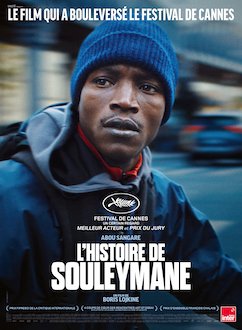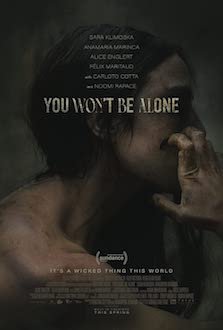Direction: Boris Lojkine
Country: France
Souleymane’s Story is a well-observed, heartbreaking drama that details an individual human experience with tension. Beautiful in its modesty, the film serves as a wonderful tribute to honest, hard-working migrants striving for a better life beyond their homelands.
At just 93 minutes, Souleymane’s Story builds its emotional power without overstaying its welcome. It pulls all the right strings without ever feeling manipulative, delivering a compelling socio-political message while allowing its characters and situations to unfold naturally.
Souleymane (Abou Sangare) is a former mechanic from Guinea working illegally in Paris as a delivery man. Like many African asylum seekers, he’s completely aware that his upcoming interview—where he will try to convince French authorities of his sad story—will determine his fate. Meanwhile, he’s confronted with many pressures and setbacks coming from different directions.
Sangare, making his acting debut, is himself an undocumented migrant, mirroring his character’s journey with a rare and heartbreaking authenticity. Captured through raw, handheld camera, his performance radiates intensity, anchoring a film whose aesthetic choices transcend documentary realism to become something even more urgent and profound.
Triumphant in every aspect, Boris Lojkine’s third fictional feature is a slap in the face—tense as a thriller and searing in its social commentary. It is a work of rare power and honesty, masterfully blending content and form.
Hypnotically shot by Belgian cinematographer Tristan Galand—whose experience spans both fiction and documentary filmmaking—Souleyman’s Story is a film everyone needs to see. It serves as a powerful reminder of our shared humanity and the need for solidarity. So simple yet so genuine and captivating in all its essence.








































